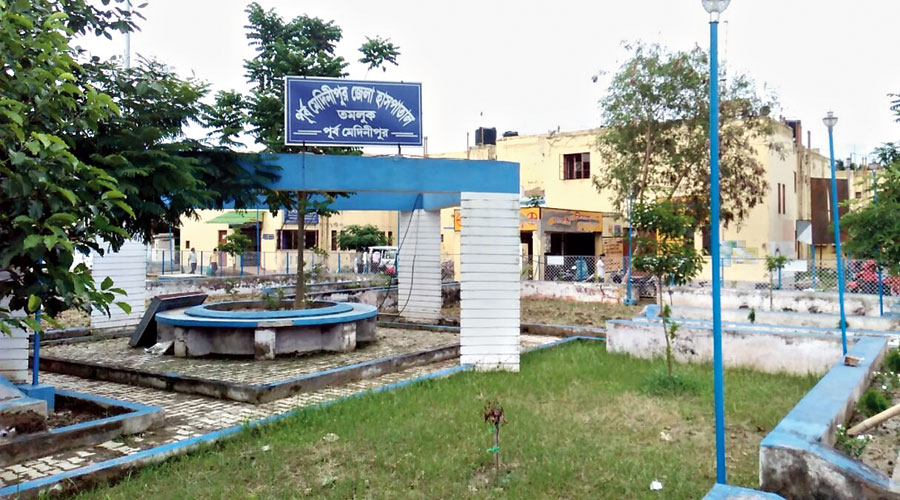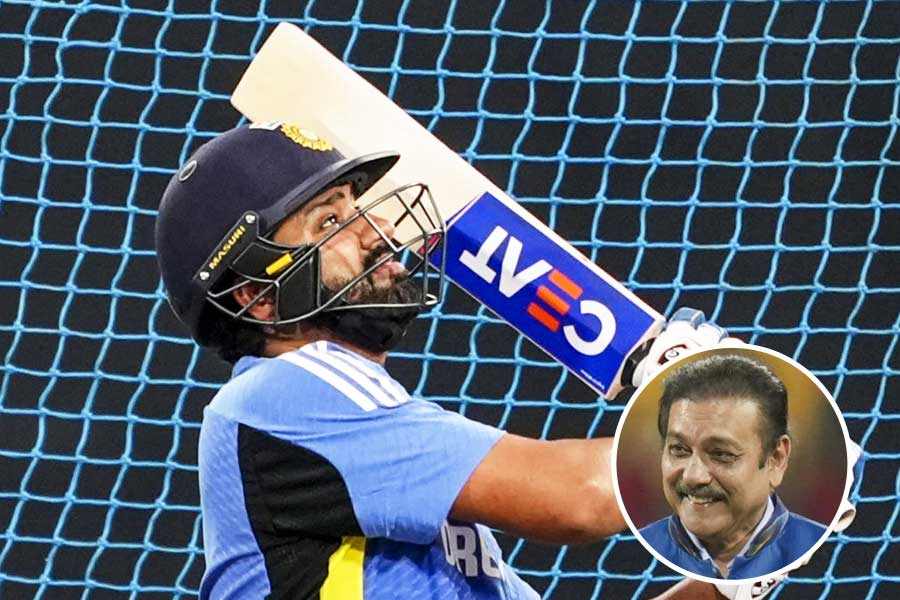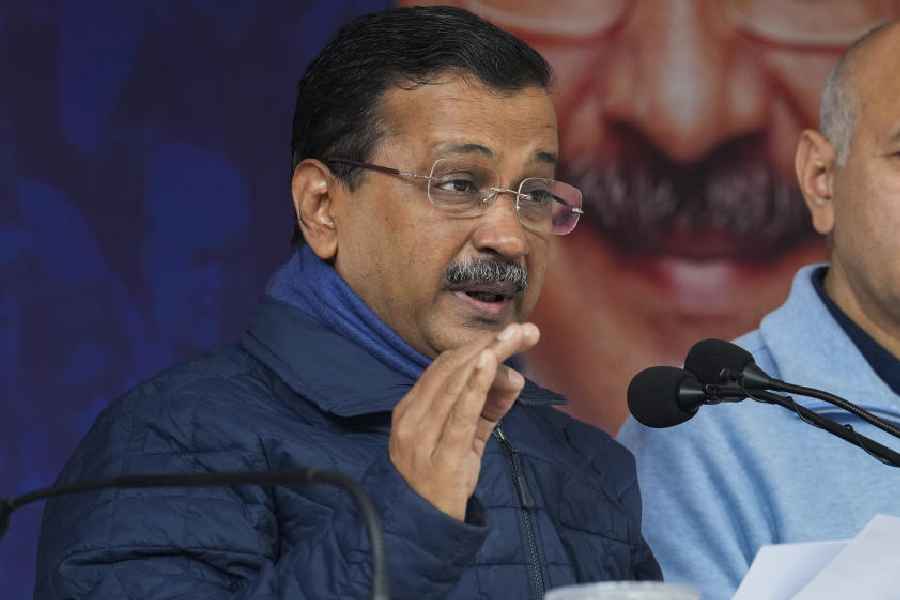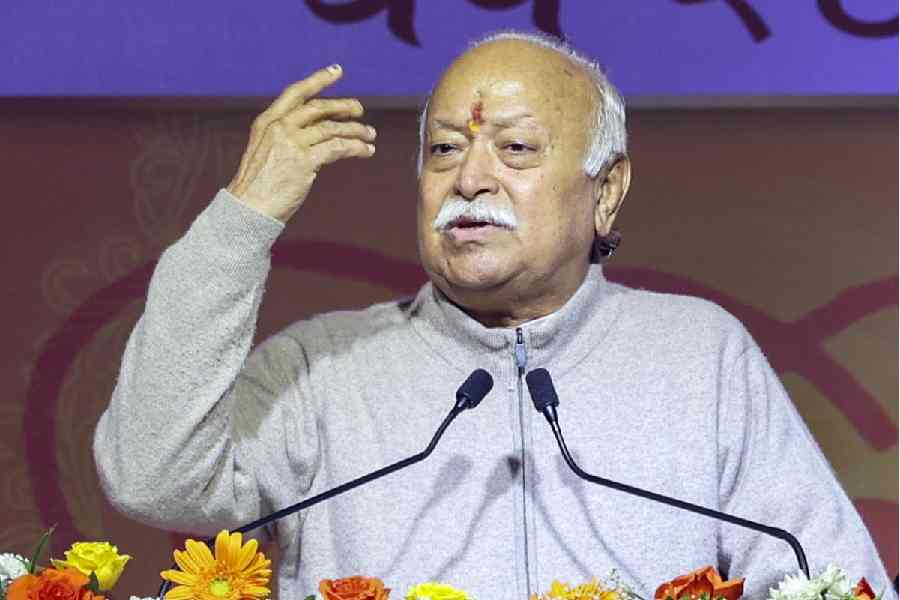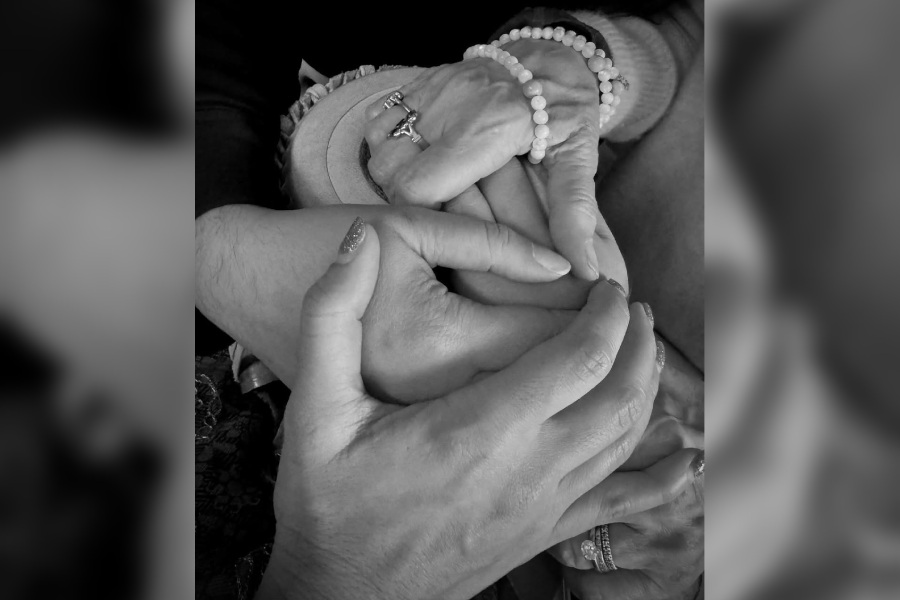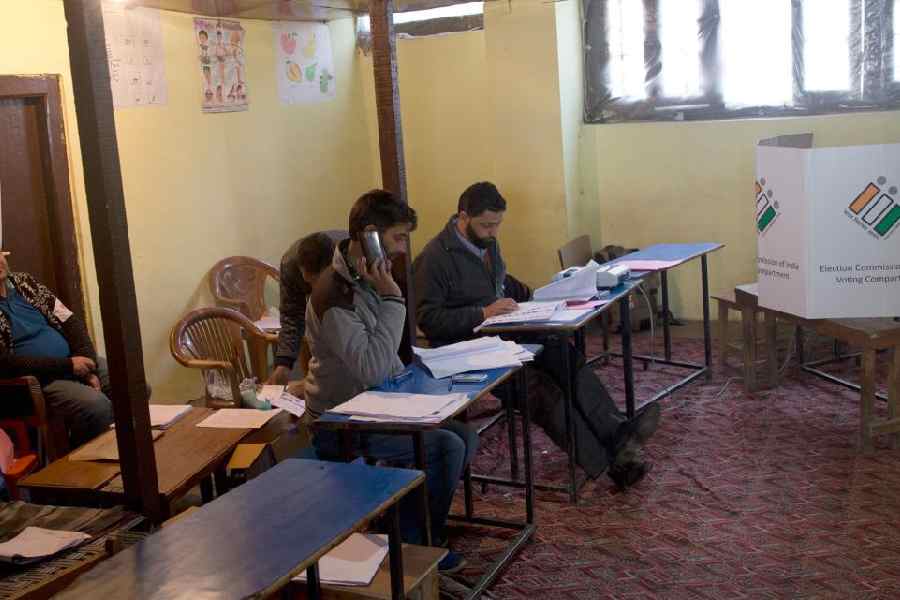The death of an 80-year-old woman at East Midnapore's Tamluk district hospital last Friday and allegations by her family that hospital authorities “refused” her a rapid antigen test despite her failing health has brought the focus on the delay in using the RT-PCR machine to test Covid-19 swab samples.
Sources said the hospital had installed the confirmatory RT-PCR (Real Time Polymerase Chain Reaction) test machine in July at a cost of Rs 1 crore and in August hired eight laboratory technicians to conduct Covid tests.
Asked about the delay in conducting RT-PCR tests at the hospital, district chief medical officer (health) Nitai Mondal said: “We are ready with our infrastructure and AIIMS, Bhubaneswar, has approved RT-PCR tests at the hospital but the ICMR (Indian Council of Medical Research) is yet to give us the login ID and password without which we can’t access the council’s central server.”
As part of the ICMR’s project to set up a National Clinical Registry of COVID-19, hospitals conducting RT-PCR tests need to be linked to the council’s server. The results are used to improve treatment procedures and analyse the pandemic trend.
At present, the Tamluk hospital typically sends its RT-PCR swabs to Calcutta's RG Kar hospital from where it takes three to four days to process the test and send the report.
But as it waits for RT-PCR tests to start, it is facing charges of refusing rapid antigen tests to all symptomatic patients in the wake of last month’s incident where the RT-PCR result of a patient (which was positive) contradicted the antigen test two days after his death.
The 80-year-old woman's death has caused a fresh uproar against the hospital, whose superintendent Gopal Das has been under public scrutiny for alleged dereliction of duty in managing Covid. Hospital officials admit they “cannot afford more image problems”.
Sources said there had been over 100 deaths at the hospital’s isolation ward since March.
The aged woman had been rushed to the hospital on Thursday morning and was reportedly left in the isolation ward for nearly three hours without emergency treatment before she died on Friday night.
“We repeatedly pleaded with authorities to grant her a rapid test so she could be admitted to the emergency ward. She was clearly showing signs of acute symptoms,” said the bereaved son.
On Saturday, members of the deceased woman’s family accompanied others to protest at the hospital’s main building.
Hospital superintendent Gopal Das declined comment, but members of the patient’s family said he had “blatantly refused” to help them on Friday night and “clearly stated that the hospital’s interests were above the patient’s”.
Mondal said that officials at Tamluk “appeared to have violated” a directive that stated emergency patients were to be tested within two hours. “We will conduct an inquiry,” he said.
Nilkanta Nayak, district president of the West Bengal Health Workers' Association, said that officials at Tamluk were “repeating their errors” and “should be brought in line”.
Sources said the situation was different at other district superspecialty hospitals in Nandigram, Egra and Panskura, all of which are equipped with rapid testing facilities open to all admitted patients, as well as TrueNat machines, small battery-operated gadgets that scan swab samples collected from the throat and nose.

